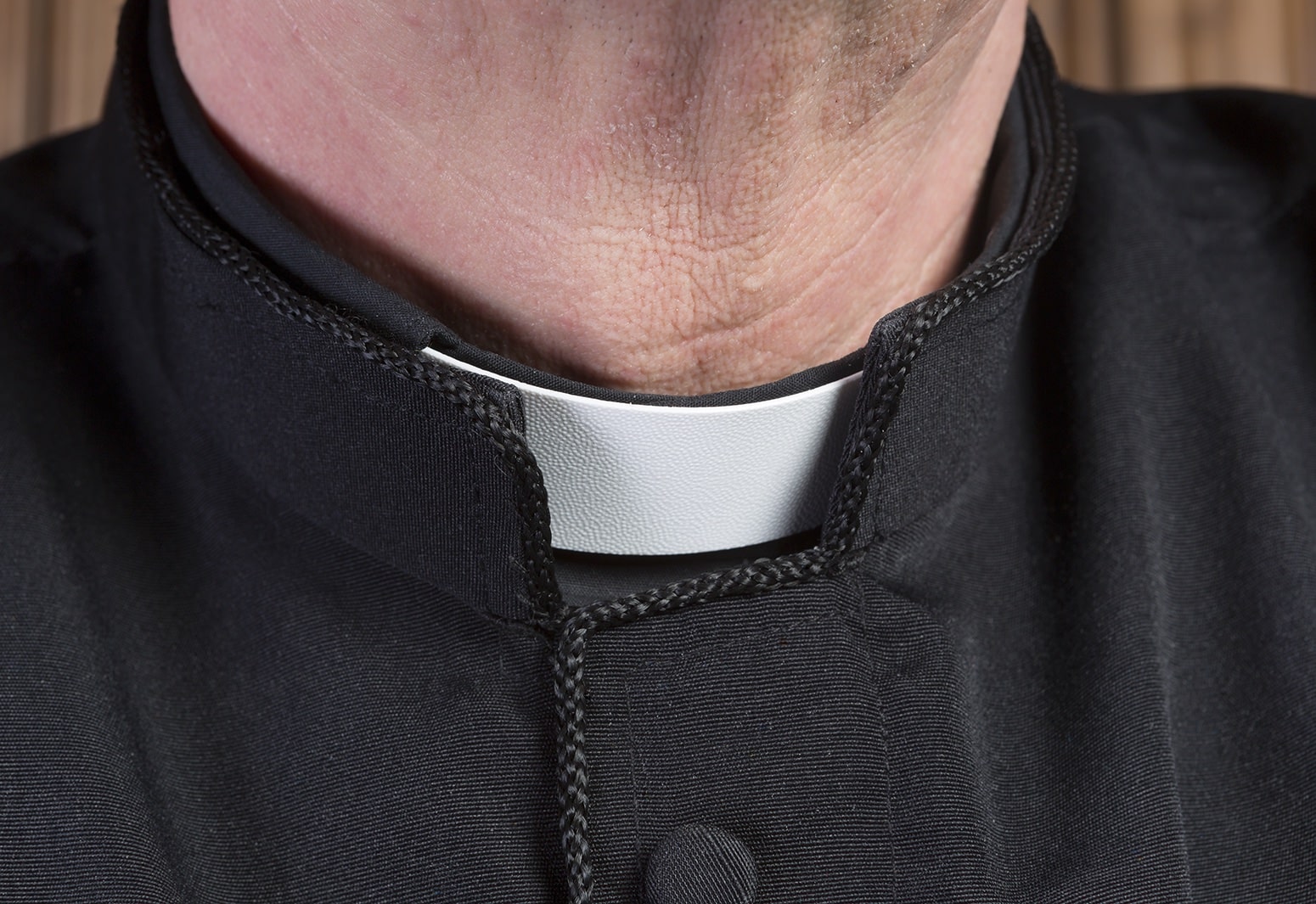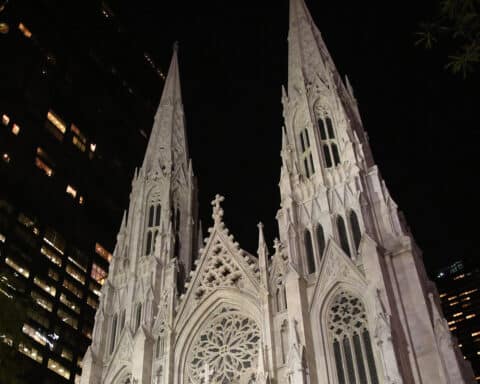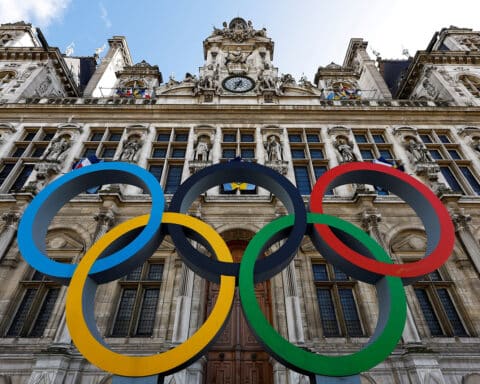(OSV News) — A credibly accused priest who has publicly admitted his sexual offenses to media outlets told OSV News he has “been advised not to speak” further on the matter.
“Things get twisted around,” Msgr. Lawrence Hecker, a retired priest of the Archdiocese of New Orleans, said before hanging up on a brief Aug. 24 phone call with OSV News.
Days prior, Msgr. Hecker had reaffirmed in a joint video interview with WWL-TV of New Orleans and the British-based Guardian newspaper that a 1999 statement he had made about previous abuse was in fact correct.
In the statement, made in 1999 to the Archdiocese of New Orleans, the now 91-year-old priest acknowledged he had committed “overtly sexual acts” with at least three underage boys in the late 1960s and 1970s. He also confessed to having close relationships with four other boys into the 1980s.
The admission was an about-face from interviews over the years in which Msgr. Hecker had denied or avoided saying that he had inappropriately touched children. Reports of his behavior over the years ultimately led Msgr. Hecker to be sent by the archdiocese in 1999 to an out-of-state psychiatric treatment facility, where he was diagnosed as a pedophile, according to a personnel file obtained by The Guardian and reviewed by WWL.
However, Msgr. Hecker still undertook some two additional years of ministry, having been assigned in 2000 to a parish with an elementary school. He quietly retired in 2002. He was added to the Archdiocese of New Orleans’ list of credibly accused priests in 2018.
Explaining away abuse
From 2010 to about 2020, the archdiocese paid at least $332,500 out-of-court settlements for five complaints of sexual abuse by Hecker, according to the Guardian.
Both in the statement and in the WWL-Guardian interview, the priest — who appeared slightly disheveled as he spoke at the gate of his residence — chalked up his abusive behavior to widespread sexually permissive behavior of the time. The journalists noted in the final version of the video, which was posted to WWL’s YouTube channel Aug. 22, that Louisiana’s age of consent in the 1960s and 1970s was 17, as it remains today.
The appeal to the countercultural and sexual revolution of the 1960s and 1970s is not uncommon for some abusers, clerical abuse researcher Stephen de Weger told OSV News.
“I think the sexual revolution has got … a lot to answer for in regards to screwing up people’s lives and breaking down families,” said de Weger, who is on the faculty of Queensland University of Technology in Brisbane, Australia. “But I do think, especially when it comes to adult clergy sexual activity with adults, they just got to the point where they said, ‘Oh, it’s not that bad. God is love; it’s just an expression of love,’ and so it gave people more permission (to abuse). And that filters down to the pedophiles as well.”
De Weger, who has not directly evaluated Msgr. Hecker, said he believed the priest’s claim was part of typical “neutralization tactics” used by offenders to excuse and minimize their abuse.
Examining Msgr. Hecker
Glen Skoler — a clinical and forensic psychologist licensed in several states who has treated abuse victims and evaluated offenders — told OSV News that “the molestation of minors by adults” was actually “never an implied part of the so-called ‘1960s’ or the ‘sexual revolution'” in the first place.
Skoler, who has not directly assessed Msgr. Hecker, said he was “concerned about alleged abusers who, on one hand, claim to be ‘repentant,’ yet, on the other hand, in any way feel compelled to ‘explain,’ or ‘rationalize’ such behavior.”
Rather, said Skoler, the focus should be “on the much more difficult spiritual and psychological work (or journey) of facing the unacceptable arousal patterns to minors, and truly embracing ‘victim empathy’ for those they have allegedly harmed.”
The Guardian’s joint interview with Msgr. Hecker was part of a broader Aug. 8 investigative feature concluding that “the archbishop on six different occasions disregarded findings of credibility” for accused priests, overriding the archdiocesan review board — a consultative body required for each diocese or eparchy by the U.S. bishops’ “Charter for the Protection of Children and Young People,” also known as the Dallas Charter.
“We adamantly deny the assertions made in the Guardian that allegations of sexual abuse were mishandled by Archbishop Aymond and the Archdiocese of New Orleans,” said Sarah Comiskey McDonald, archdiocesan communications director, in an Aug. 8 email to OSV News.
“Each allegation is complex and unique. A finding of credibility by the Internal Review Board is not a determination of guilt in either canon law or civil law,” she said.





